Conflict Resolution and Difficult Conversations: A Guide for Contact Center Supervisors
Introduction
Get Started
1. Preparation:
Before initiating a difficult conversation, take time to prepare. Understand the issue at hand, anticipate reactions, and plan your approach.
Checklist:
• Identify the issue and your desired outcome.
• Anticipate possible reactions and prepare responses.
• Plan your approach, focusing on facts and specific behaviors.
2. Open the Conversation:
Start the conversation on a positive note and clearly state the purpose of the discussion. Use "I" statements to express your perspective without blaming or accusing. An "I" statement is a style of communication that focuses on the feelings or beliefs of the speaker rather than thoughts and characteristics that the speaker attributes to the listener. For example, instead of saying"You're always late," you could say, "I feel frustrated when I have to adjust the schedule due to tardiness."
Checklist:
• Begin with a positive statement to set a constructive tone.
• Clearly state the purpose of the conversation.
• Use "I" statements to express your perspective without blaming or accusing.
Example Scenario:
"Hi [Agent's Name], I appreciate your hard work and dedication to our team. I've noticed that you've been late to several shifts recently, and I feel concerned as it impacts our team's schedule and performance. I'd like to understand if there's anything causing this so we can find a solution together."
3. Active Listening:
Listen actively to the other person's perspective. Show empathy and validate their feelings.
Checklist:
• Show that you're listening by nodding, maintaining eye contact, and providing verbal affirmations.
• Validate their feelings and perspective.
• Avoid interrupting or getting defensive.
4. Problem-Solving:
Work together to find a solution.Encourage the other person to suggest solutions and agree on a way forward.
Checklist:
• Ask open-ended questions to encourage them to suggest solutions.
• Discuss and evaluate possible solutions.
• Agree on a solution and next steps.
Example Scenario:
"Thank you for sharing your perspective, [Agent's Name]. I understand that you're feeling overwhelmed with the current workload, which is affecting your performance. Let's brainstorm some strategies to manage your tasks more effectively. What do you think would help you improve in this area?"
5. Follow-Up:
Ensure that the agreed-upon solution is implemented and the issue is resolved. Provide support and feedback as needed.
Checklist:
• Monitor progress and provide feedback.
• Offer support and resources as needed.
• Schedule a follow-up conversation to review progress.
This guide provides a practical framework for handling difficult conversations and conflicts, but it's important to remember that every situation is unique. Always approach these situations with empathy, patience, and a willingness to understand the other person's perspective. With practice and persistence, you can become more effective at managing conflict and facilitating difficult conversations, leading to a more harmonious and productive work environment.













